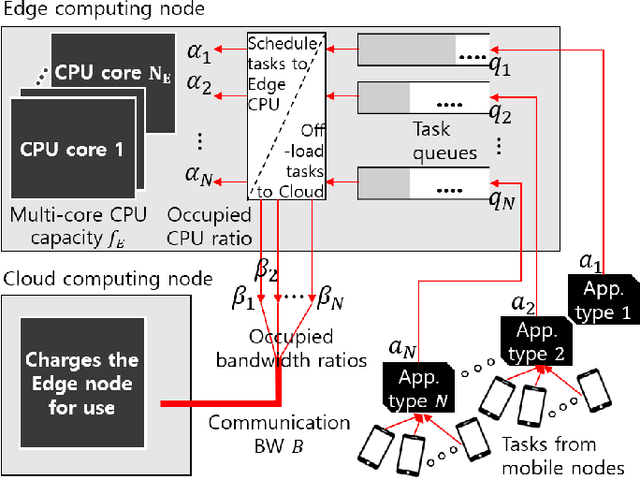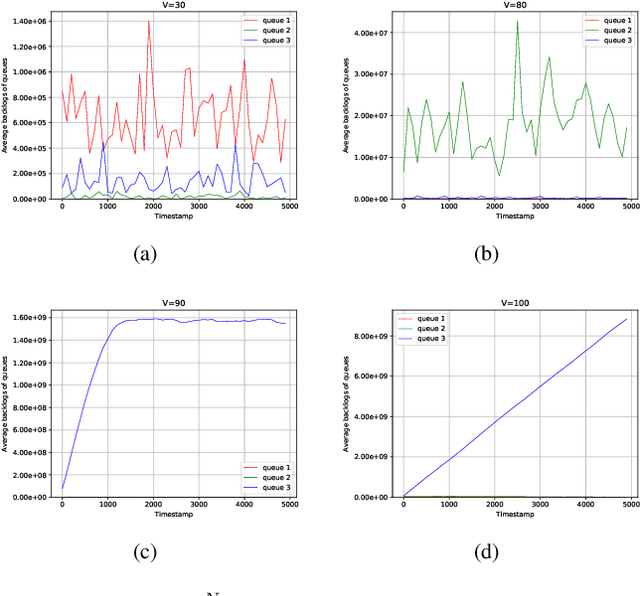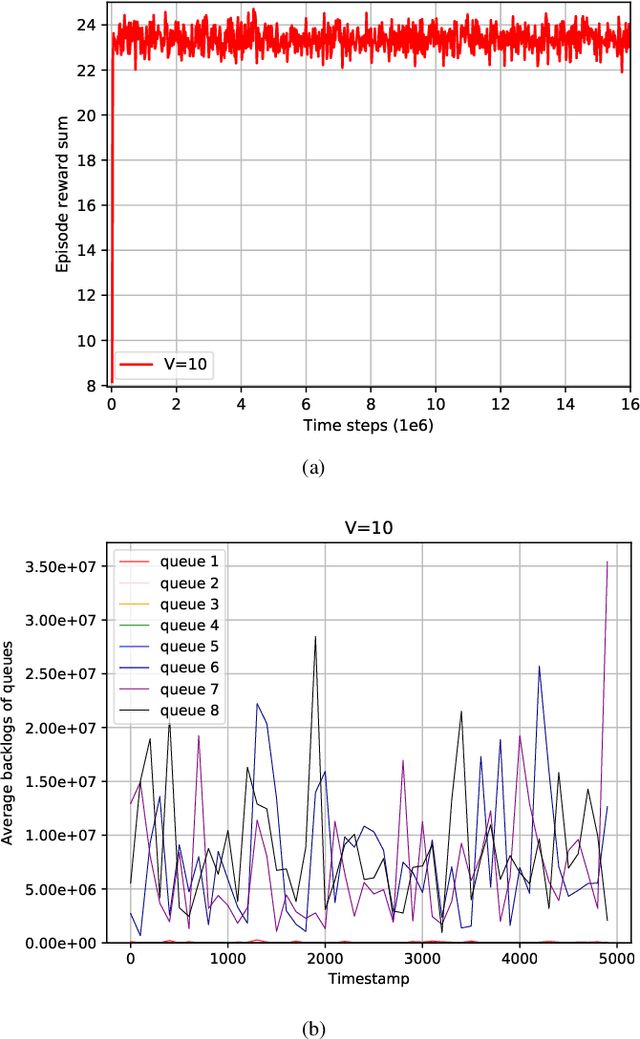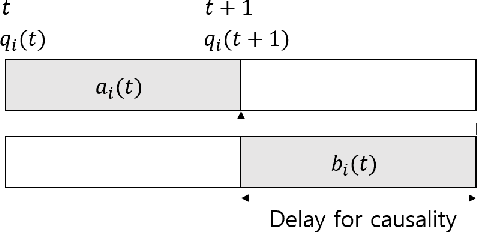Sohee Bae
State-Inference-Based Prompting for Natural Language Trading with Game NPCs
Jul 09, 2025Abstract:Large Language Models enable dynamic game interactions but struggle with rule-governed trading systems. Current implementations suffer from rule violations, such as item hallucinations and calculation errors, that erode player trust. Here, State-Inference-Based Prompting (SIBP) enables reliable trading through autonomous dialogue state inference and context-specific rule adherence. The approach decomposes trading into six states within a unified prompt framework, implementing context-aware item referencing and placeholder-based price calculations. Evaluation across 100 trading dialogues demonstrates >97% state compliance, >95% referencing accuracy, and 99.7% calculation precision. SIBP maintains computational efficiency while outperforming baseline approaches, establishing a practical foundation for trustworthy NPC interactions in commercial games.
A Reinforcement Learning Formulation of the Lyapunov Optimization: Application to Edge Computing Systems with Queue Stability
Dec 15, 2020



Abstract:In this paper, a deep reinforcement learning (DRL)-based approach to the Lyapunov optimization is considered to minimize the time-average penalty while maintaining queue stability. A proper construction of state and action spaces is provided to form a proper Markov decision process (MDP) for the Lyapunov optimization. A condition for the reward function of reinforcement learning (RL) for queue stability is derived. Based on the analysis and practical RL with reward discounting, a class of reward functions is proposed for the DRL-based approach to the Lyapunov optimization. The proposed DRL-based approach to the Lyapunov optimization does not required complicated optimization at each time step and operates with general non-convex and discontinuous penalty functions. Hence, it provides an alternative to the conventional drift-plus-penalty (DPP) algorithm for the Lyapunov optimization. The proposed DRL-based approach is applied to resource allocation in edge computing systems with queue stability and numerical results demonstrate its successful operation.
 Add to Chrome
Add to Chrome Add to Firefox
Add to Firefox Add to Edge
Add to Edge